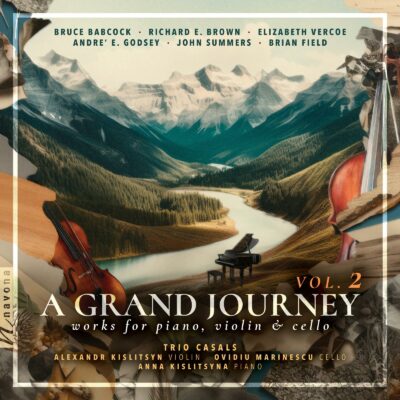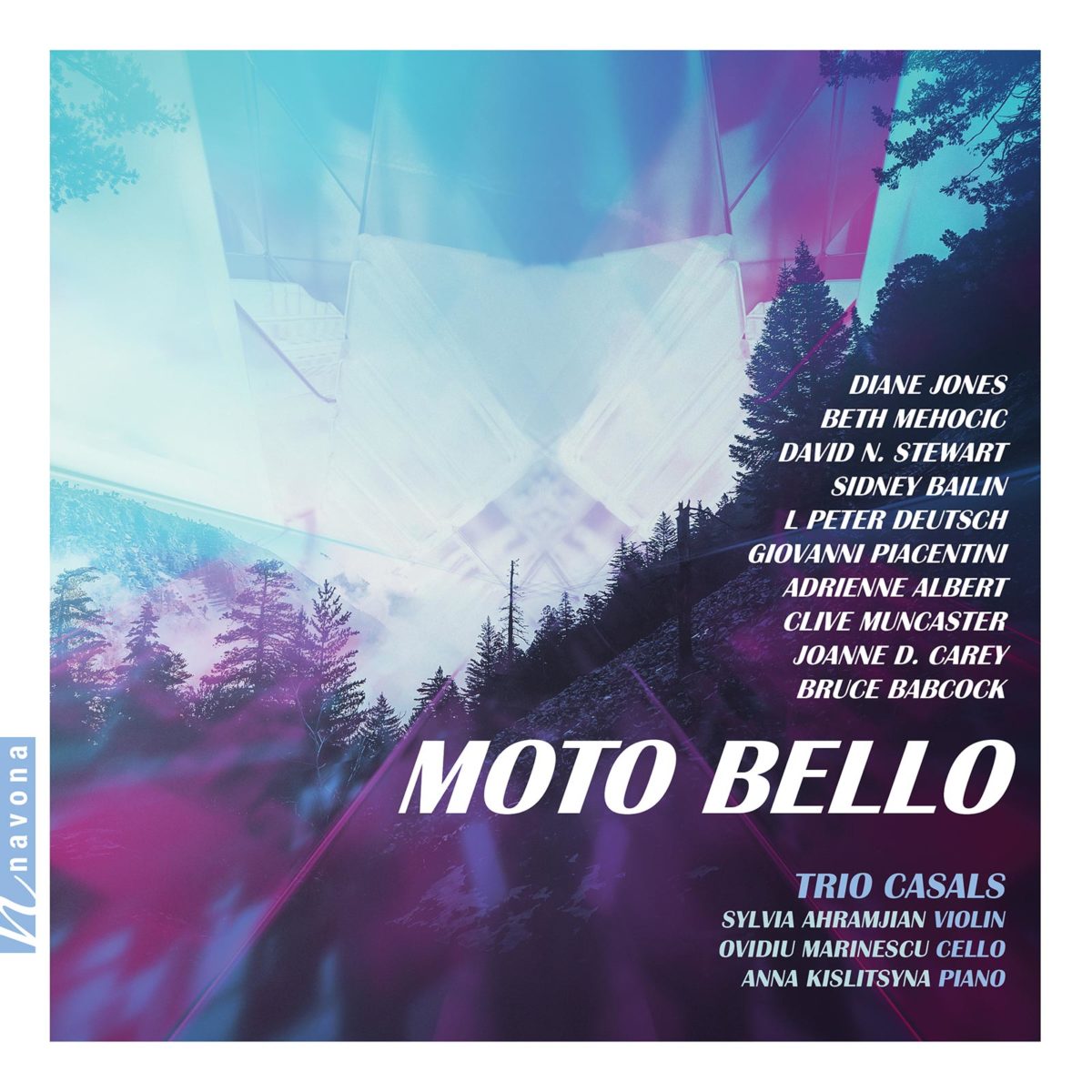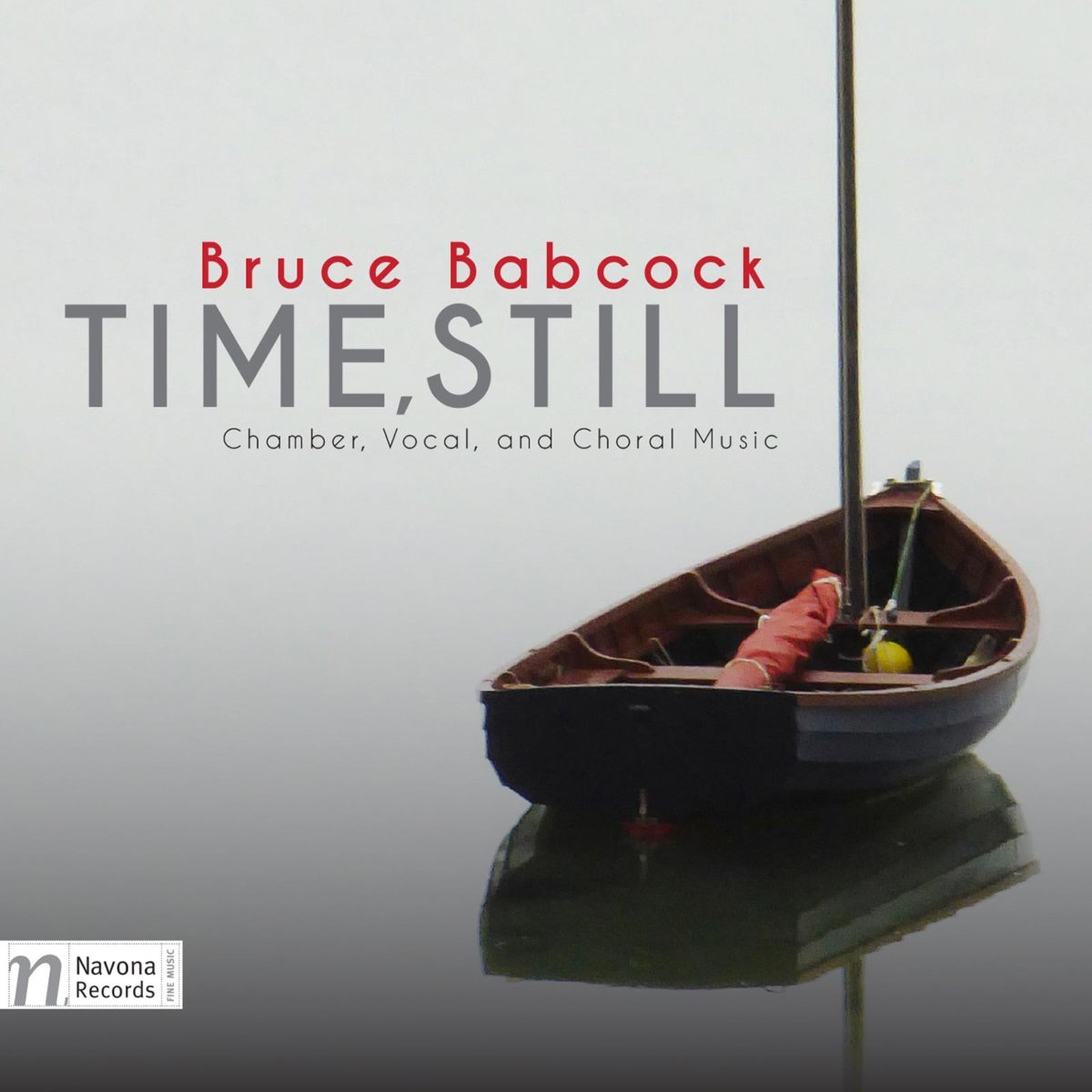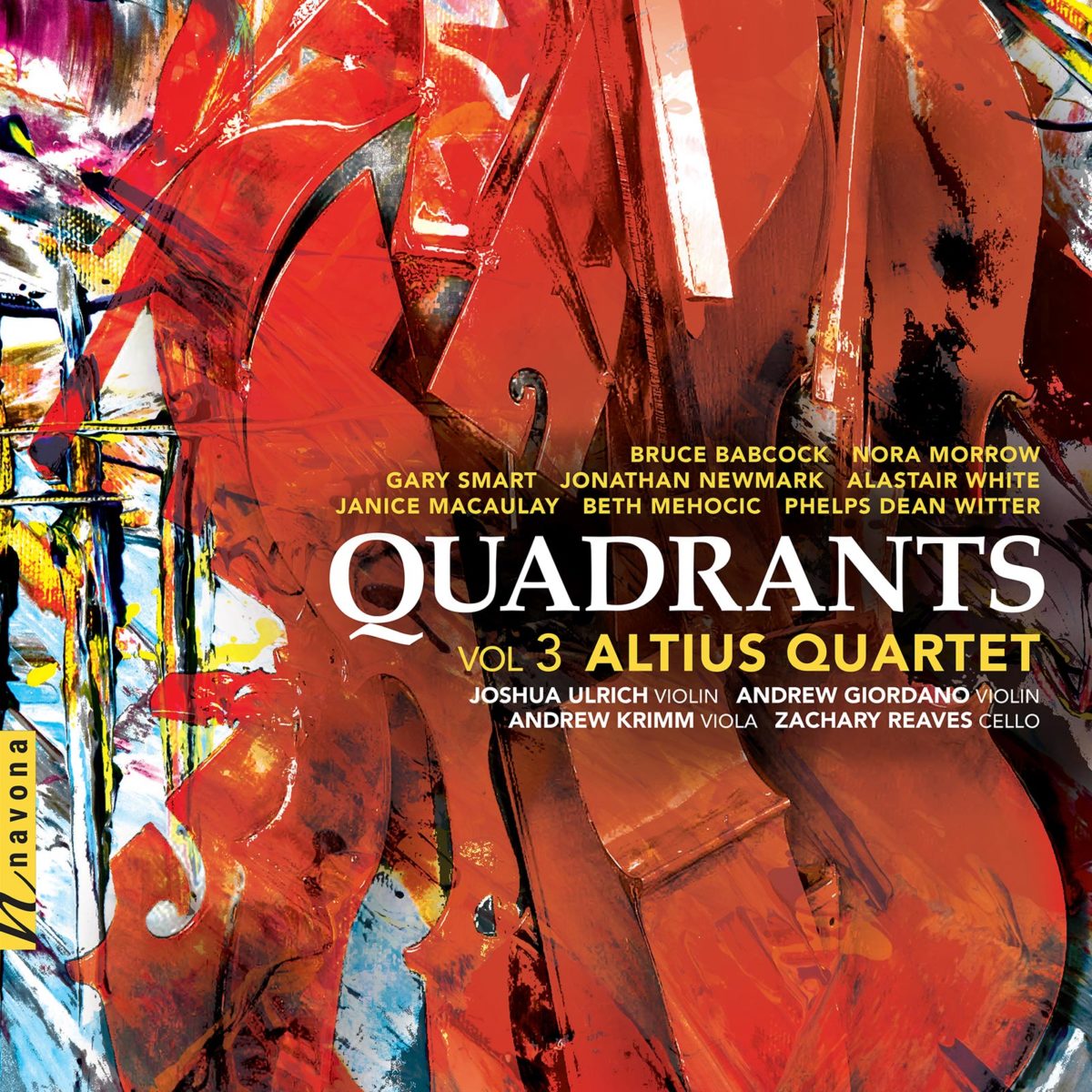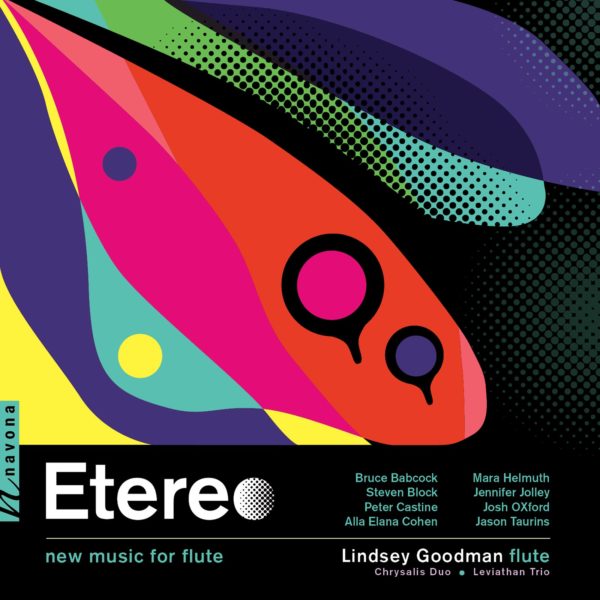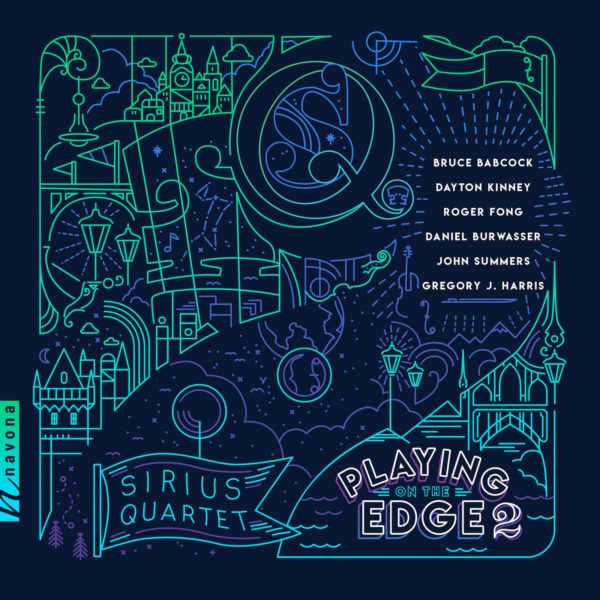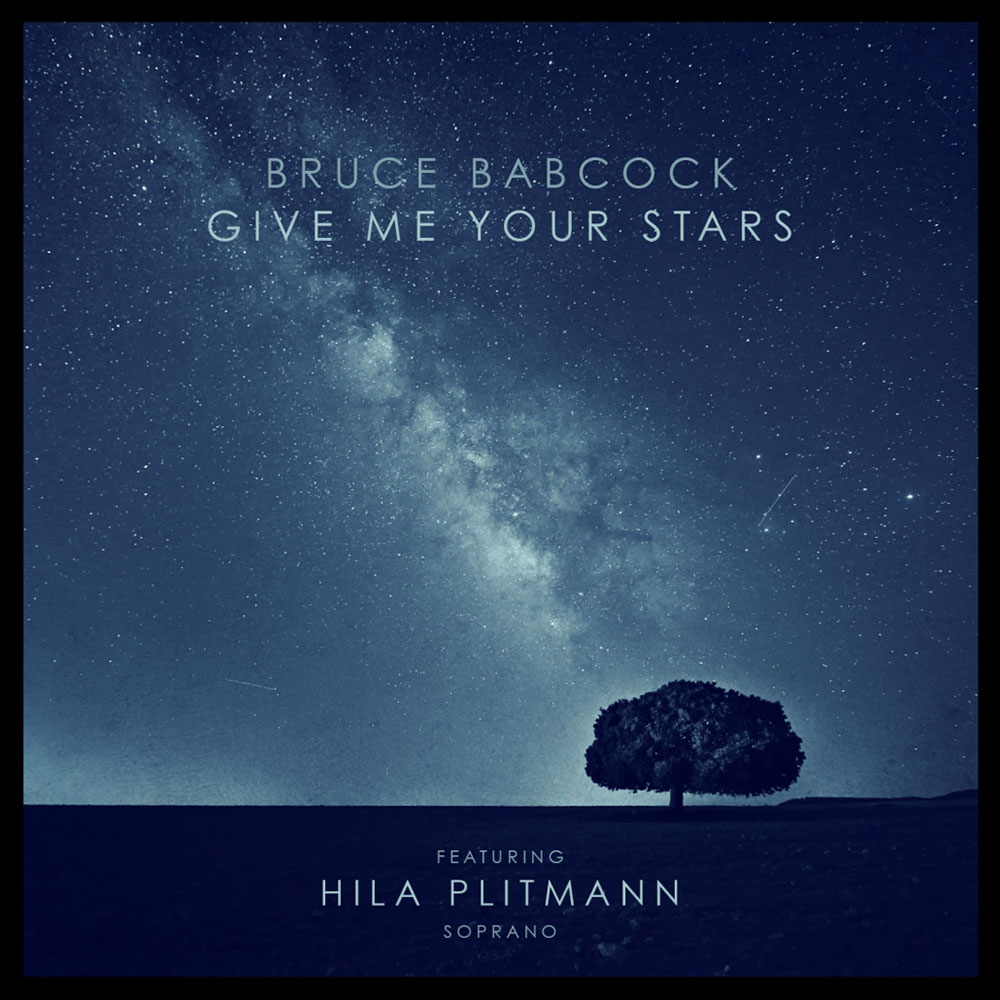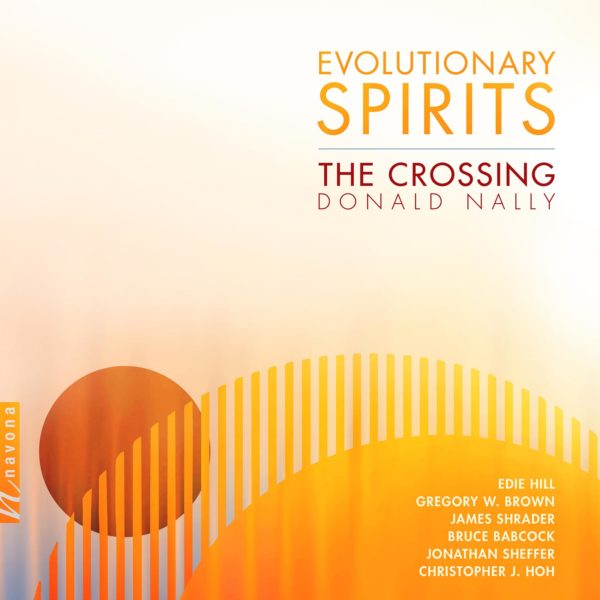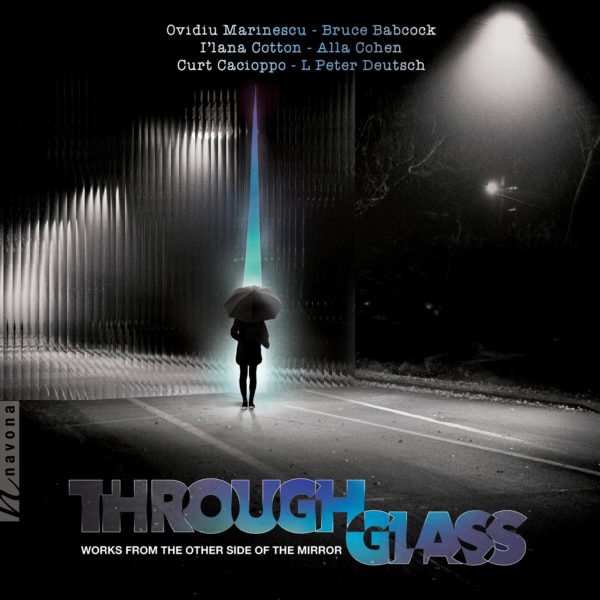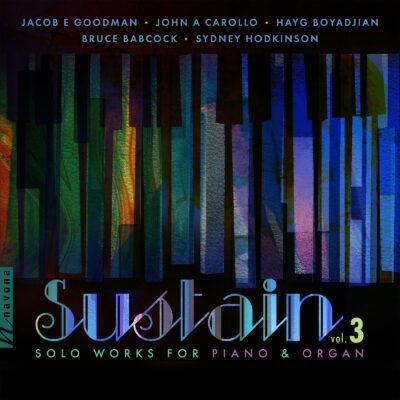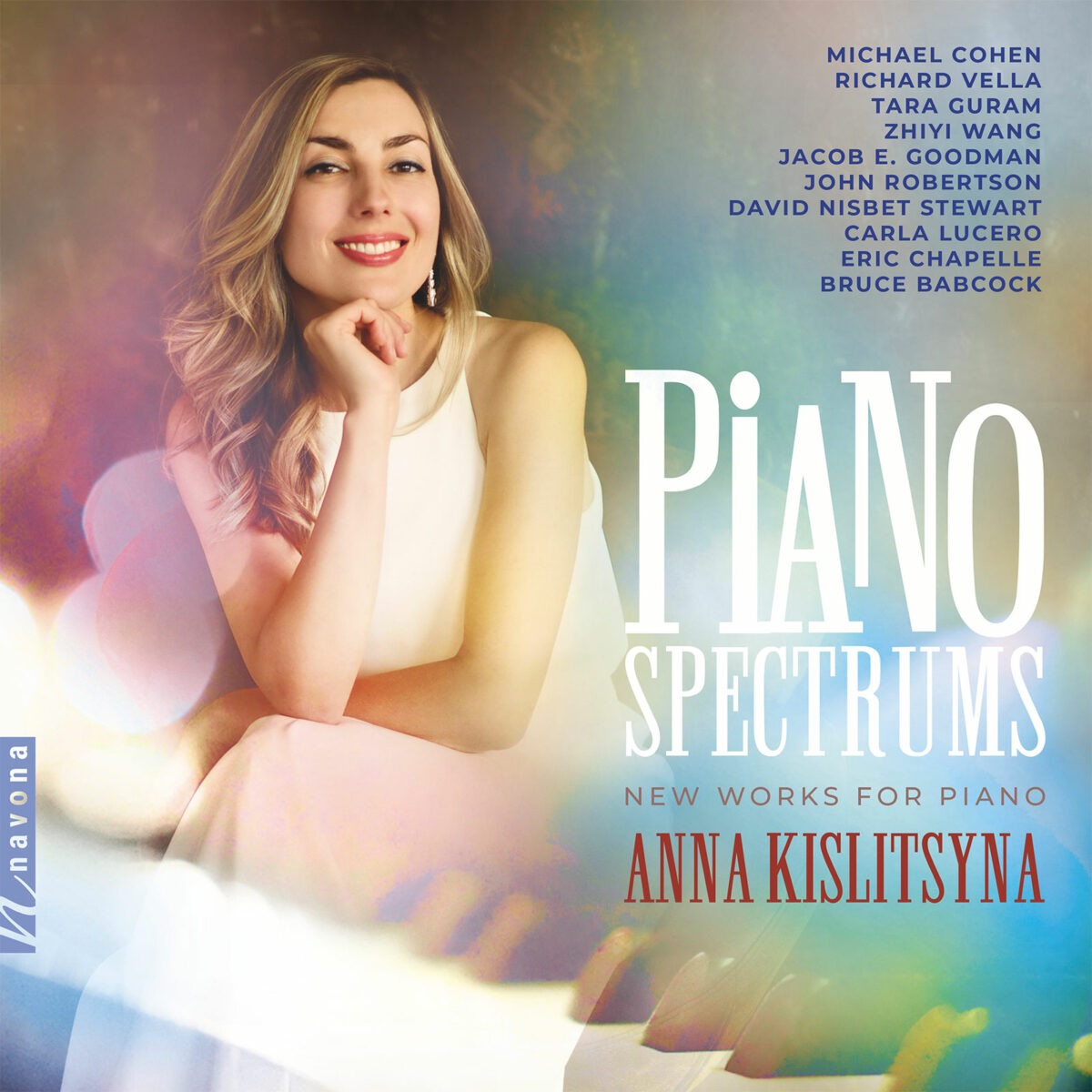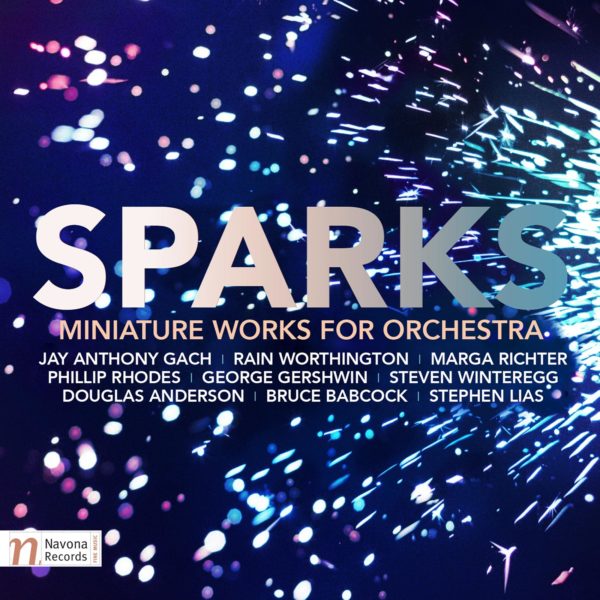Chamber
Nevertheless was composed specifically for Trio Casals. This piece marks my third collaboration with Anna Kislitsyna, my second with Ovidiu Marinescu, and my first with Alexandr Kislitsyn.
Why did I choose Nevertheless to be the title? Senator Elizabeth Warren, in 2017, as she was reading the words of Coretta Scott King on the Senate floor, was interrupted, and then ultimately forced to stop by Senate majority leader Mitch McConnell. He later remarked, “She was warned. She was given an explanation. Nevertheless, she persisted.”
Countless women, regardless of their politics or place, felt that silencing, viscerally. “Nevertheless, she persisted” became an instant meme, connected to many women including Harriet Tubman, Malala Yousafzai, Beyonce, Emmeline Pankhurst, Gabby Giffords, Michelle Obama, Hillary Clinton, and Princess Leia.
This piece is dedicated to the women who have shown great perseverance and carried on despite a global pandemic, a violent political insurrection, a war in Ukraine, and multiple mass shootings, not to mention attacks on women’s healthcare and voting rights.
The music itself, in three movements, is unsettling, insistent, driven, and dissonant, with patches of repose in the second movement. The first and third movements are largely ostinato-based¬ – a musical term referring to figure that is repeated multiple times, derived from the Latin obstinare – to persist. Unusual meters (5/8, 7/8, 3+2+3/8) and frequent meter changes add an unsettling dynamic to the proceedings. Nevertheless . . .
Commissioned by Artistic Director Daniel Kepl for the Santa Barbara Chamber Music Festival. Dedicated to Mahlon Balderston.
The piece is tonal in nature and is characterized once again by linear melodic writing and unusual meters. The first movement is the most song-like. It was described by a jazz pianist friend of mine as a unique manifestation of “rhythm without pulse.” The second movement is the slowest and also the most dark and dramatic. It was composed on the day I learned of the death of a friend and musical colleague. The third movement is both the most energetic and virtuosic for the cello. It ends with a propulsive burst of exuberant momentum.
Commissioned by UCLA professor of saxophone Douglas Masek.
When Doug Masek, saxophonist with both the Hollywood Bowl and Los Angeles Philharmonic orchestras, commissioned me to compose a piece, we decided on the unusual and beautiful combination of alto saxophone, cello, and piano. As reflected by its title, Irrational Exuberance was a reaction to the unfathomable re-election of a certain U.S. president in 2004. In an attempt to remain, if not optimistic, hopeful, I purposefully chose to compose a sunny piece. This piece, like most of my music, features lots of unusual and alternating meters. My high school band director was Dave Brubeck’s brother Henry, and I idolized Dave’s colleague and alto saxophonist Paul Desmond. As a result, odd and shifting meters have always been an important aspect of my style.
Of Two Minds
One Movement
Duration 7:15
Instrumentation violin & bassoon
Commissioned by Dyad – Niv Ashkenazi and Leah Kohn.
Premiered May 26, 2022, Cypress Hall, C.S.U.N. Performed at the July 2022 IDRS Convention and at the Kennedy Center, July 2023.
Commissioned by Jack & Florence Irving for Pacific Serenades artistic director Mark Carlson.
Artistic Director Mark Carlson for Pacific Serenades commissioned Pacific Serenades Trio for their 2004 season. It premiered with a series of three Los Angeles performances in March of that year. The performers were Gary Gray, clarinet, Roland Kato, viola, and Ayke Agus, piano.
I enjoyed being the fourth “B” on a program including works by Brahms, Bartok, and Bruch. The piece is cast in a single movement and is resolutely tonal, in a style some have described as American.
Commissioned by artistic director Daniel Kepl for the 2005 Santa Barbara Chamber Music Festival.
The Present Moment was commissioned by Artistic Director Daniel Kepl for the 2005 Santa Barbara Chamber Music Festival where it was premiered there by the Rainier String Quartet. The Armadillo String Quartet subsequently performed it as part of their 30th anniversary season in 2009. The piece consists of one movement of about twelve minutes in length. The title is another of my pieces that makes reference to the idea of mindfulness. Various melodies appear and reappear in different guises, as though reinvented moment to moment.
While living in London in 1977, my sister went to a record release event where James Galway signed copies of his latest LP. While he signed her album she mentioned that she had a brother who was a composer. He replied “Ask him to write a piece for me.” So I did.
A short one-movement piece, Soliloquy alternates between sections with and without meter, ranges in tempo from very slow to very fast, and explores all registers of the instrument. As the title implies, the piece is essentially an interior self-dialogue.
SpringScape was judged to be the winning entry in the 2006 Debussy Trio Composition Competition.
The combination of harp, viola, and flute is both beautiful and challenging. SpringScape is cast in a single movement with a fast-slow-fast structure. Predominantly in 3/4 time, there are also recurring sections in 7/8. The piece is upbeat and emphasizes melody throughout.
Commissioned by Dan Kohne for the Mount Wilson Institute series Concerts in the Dome.
Four movements chronicle the astronomer’s achievements throughout the course of his career: the listener follows the rise from humble beginnings to great discoveries, always enveloped in a sense of marvel at the infinity of outer space.
Vocal
Commissioned by Hila Plitmann for Mason Home Concerts.
My parents met in December of 1939 in Williams Bay Wisconsin, where my father was working at Yerkes Observatory (built by George Ellery Hale, who also built Mount Wilson and Mount Palomar observatories), and my mother was teaching school. During their courtship my mom wrote many love letters to my father and this poem was hand-copied into one of those letters. She, a small-town preacher’s kid, was knocked off her feet by this important astronomer from California. So the imagery of sky and stars, as well as peace and heaven-high, resonated strongly. Coincidentally, the poem was written the same year my mother was born, 1915.
Promethean Fire – Text by Alfred Noyes
I sing of those who caught the pure Promethean fire
One from another, each crying as he went down
To one that waited, crowned with youth and joy.
Take thou the splendour, carry it out of sight
Into the great new age I must not know
Into the great new realm I must not tread.
The piece was composed for the July 7, 2019, Mount Wilson Sunday Afternoon Concerts in the Dome series, curated by cellist and artistic director Cécilia Tsan. Mount Wilson Observatory founder George Ellery Hale invited his friend, the English poet Alfred Noyes, on a night when no members of the press were invited, to commemorate the night of first light at the 100-inch telescope dome in 1917. The text of Promethean Fire comes from this poem.
Promethean Fire is essentially a short tribute to Hale. He had previously built Yerkes Observatory in Wisconsin, but Mount Wilson was Hale’s first mountain-top observatory, which involved multiple logistical difficulties. It eventually included three solar telescopes and two large reflector telescopes for night-time work. Andrew Carnegie and others helped make the success of Hale’s observatory possible, Edwin Hubble and others helped make it internationally known, and scientists such as Albert Einstein came to visit. But Hale had the original vision for the mountain. Discoveries made at Mount Wilson include the size of the Milky Way Galaxy and our position in it, proof that we are not the only galaxy in the universe, and proof that the universe itself is expanding. Each successive generation of observers has built on the foundation of the last and carried on the Promethean Fire.
Commissioned by UCLA professor of voice Juliana Gondek.
After Juliana Gondek heard fellow UCLA faculty member Doug Masek performing my piece entitled Irrational Exuberance, she commissioned me to write a set of songs. It was Juliana’s idea to use the poetry of Dorothy Parker (1893-1967). Parker, a celebrated member of the Algonquin Round Table, wrote witty and frequently acerbic poetry, short stories, and screen plays. Her work regularly appeared in The New Yorker, Vanity Fair, Vogue, and Esquire. She was nominated for two Oscars and won the O. Henry Prize for her short story The Big Blonde. Said Ogden Nash, “Mrs. Parker has an eye for people, an ear for language, and a feeling for the little things of life that are so immensely a part of the process of living.” She bequeathed her entire estate to the National Association for the Advancement of Colored People, and I thank them for authorizing this use of Dorothy Parker’s work.
I narrowed the possible choices to 15-20 poems. Juliana then made the final selections, which include Somebody’s Song, The Red Dress, Interior, and Fair Weather. This is not the wisecracking satirist Dorothy Parker. This is the lovelorn Dorothy Parker writing about matters of the heart, each poem successively a bit darker. While these poems were written in the jazz age, and the song features a saxophone, this is not jazz music. Juliana wanted Doug included in this piece so the saxophone came to be used as the author’s emotional foil.
Choral
Dedicated to and inspired by a sermon of Archbishop Desmond Tutu at All Saints Church, Pasadena.
“And I, if I be lifted up, will draw all men unto me.” John 12:32
All Unto Me is a tribute to Archbishop Desmond Tutu of South Africa, a longtime friend of All Saints Church in Pasadena, and was composed to commemorate the 125th anniversary of the church. Archbishop Tutu preached a sermon based on John 12:32 at All Saints on November 6, 2007, in which he said:
“Jesus did not say, ‘I, if I be lifted up, will draw some.’ Jesus said, ‘I, if I be lifted up, will draw all.’ All! All! All! All! Black, white, yellow, rich, poor, clever, not so clever, beautiful, not so beautiful. It’s one of the most radical things! All, all, all belong. Gay, lesbian, so-called straight. All! All are meant to be held in this incredible embrace that will not let us go.”
This was the inspiration for this a cappella piece, though not the text. Tutu’s words inspired an emphasis on the word “all,” as well as a more inclusive meaning of the word “men” by adding the word “women.” One of the sopranos in the choir told me it was the first time in decades of singing in church in which she had the opportunity to sing the word “women.”
Archbishop Tutu was once again the guest preacher in our pulpit on February 20, 2011. All Unto Me was performed in his presence on that occasion.
Written for All Saints Church, Pasadena.
Be Still reflects on Psalm 46:10, with shimmering textures throughout the five-minute meditation on just eight words.
Solo Piano/Organ
Written for my friend & colleague Gloria Cheng.
Alternative Facts was composed as a reaction to the 2016 presidential campaign, election, and subsequent inauguration of our 45th president. Ever since he announced his candidacy we have, as a nation, endured a profound attack on reality, not to mention democracy, diplomacy, civility, and honesty. We now know first-hand the experience of passing “Through the Looking-Glass, and What Alice Found There,” Lewis Carroll’s 1871 novel. We are also living in George Orwell’s “1984” and the 1944 MGM film “Gaslight.” This is now our exhausting “alternative facts” daily life.
Composed for my long-time friend and colleague, the brilliant Emmy and GRAMMY-winning pianist Gloria Cheng, Alternative Facts was recorded at the Evelyn and Mo Ostin Music Center Recording Studio, UCLA Herb Alpert School of Music by multiple GRAMMY-winning engineer Rich Breen.
This short single-movement piece reflects the times we are living in. It is discombobulating, annoying, often loud, repetitive, confounding, crazy-making, tiresome, frenetic, all of the above. Fast (MM=280), with frequent meter changes, both serial and tonal elements, and alternating loud and quiet sections, the piece is a tour-de-force for the piano and requires a virtuoso pianist. Thankfully, we had one in Gloria Cheng.
Commissioned by artistic director Daniel Kepl for the 2005 Santa Barbara Chamber Music Festival.
Metaphor Two for solo piano was composed for Artistic Director Daniel Kepl for the 2005 Santa Barbara Chamber Music Festival when he needed one more short piece to fill out a program. It was premiered there by Meade Crane. Since the festival championed and performed only music by American composers I saw to it that the piece was American in character. “Metaphor Two” has since been used at contemplative services at All Saints Church, Pasadena.
